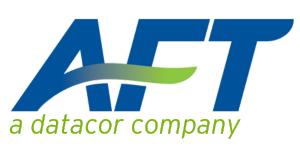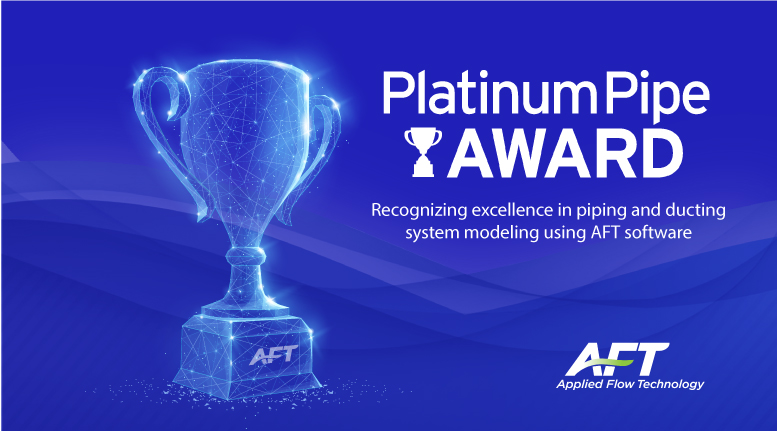Goal Seek & Control (GSC)
A Arrow Add-on Module
The Arrow Goal Seek & Control Module frees you from time-consuming manual
iteration so you can quickly find the input values necessary to meet the hydraulic
behavior you want to simulate. Simply enter your variables and goals, and the
module will automate the iterative process for you.
iteration so you can quickly find the input values necessary to meet the hydraulic
behavior you want to simulate. Simply enter your variables and goals, and the
module will automate the iterative process for you.
With Arrow Goal Seek & Control Module you can:
One of the powerful benefits of system modeling is the ability to evaluate the effects of changing system parameters.
- Save time by avoiding manual iterative analyses
- Define multiple variables and goals at multiple locations throughout the system
- Answer questions such as:
- What positioning of multiple valves will yield a desired differential supply pressure between pieces of equipment in your system?
- What compressor/fan speed will achieve a specified total flow to multiple, remote tanks
- Increase your productivity
Modeling parameters that may be used as variables or goals include:
- Compressors and Fans - speed, flow, head rise
- Valves - open percent, Cv/K, deltaP, flow
- Tanks - pressure, temperature
- Control valves - setpoint, open percent
- Orifice - diameter, area
- Heat exchangers - heat rate, temperatures, area, U value
- Spray discharge - area, Cd value, exit pressure
- Pipes - friction, scaling, insulation thickness
Arrow Goal Seek & Control Module FAQ's
What is the difference between goal seeking and control?
Arrow Goal Seek & Control Module extends Arrow's capabilities in two ways.
With this module, control can be based on a variable located anywhere in the system. Instead of controlling the pressure at the valve outlet, it could be a pressure downstream at some other location.
Additionally, control can be based on the difference between two variables, such as a differential pressure between two points, and on group sums, maximums or minimums, simulating some of the more sophisticated control logic that is sometimes implemented in real systems through computer based control systems.
- Goal seeking, automatically finding the value of one or more inputs that will produce a specify value for one or more outputs.
- Extends Arrows's control modeling capabilities to remote sensing.
With this module, control can be based on a variable located anywhere in the system. Instead of controlling the pressure at the valve outlet, it could be a pressure downstream at some other location.
Additionally, control can be based on the difference between two variables, such as a differential pressure between two points, and on group sums, maximums or minimums, simulating some of the more sophisticated control logic that is sometimes implemented in real systems through computer based control systems.
Is there a limit on the number of variables and goals the Arrow Goal, Seek & Control Module can handle?
While there is no limit, the time required increases with the complexity of the system.
The Arrow Goal Seek & Control Module employs a robust and efficient numerical optimization engine to be able to handle models with large numbers of variables and goals.
The Arrow Goal Seek & Control Module employs a robust and efficient numerical optimization engine to be able to handle models with large numbers of variables and goals.
Do I have to have one module license for each Arrow license?
No, there does not need to be a one-to-one relationship. This provides users the flexibility to choose the level of capability they need.
For example, you may have several Arrow licenses deployed on your network but only need to use Arrow Goal Seek & Control Module half the time and, therefore, have a correspondingly lower number of module licenses. If you open a model previously saved using the Arrow Goal Seek & Control Module, Arrow will first try to activate the module. If all of the module licenses are being used, a message will be displayed telling you a Arrow Goal Seek & Control Module license is not available and provide you a choice of continuing to open the model or canceling the load.
This same message will remind you that if you do open and work with the model, Arrow Goal Seek & Control Module specifications contained in the model may be lost.
For example, you may have several Arrow licenses deployed on your network but only need to use Arrow Goal Seek & Control Module half the time and, therefore, have a correspondingly lower number of module licenses. If you open a model previously saved using the Arrow Goal Seek & Control Module, Arrow will first try to activate the module. If all of the module licenses are being used, a message will be displayed telling you a Arrow Goal Seek & Control Module license is not available and provide you a choice of continuing to open the model or canceling the load.
This same message will remind you that if you do open and work with the model, Arrow Goal Seek & Control Module specifications contained in the model may be lost.


